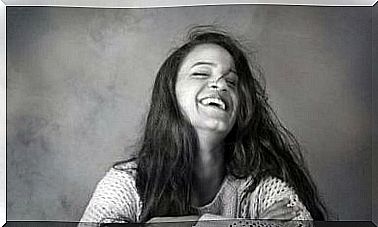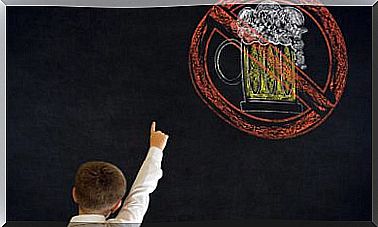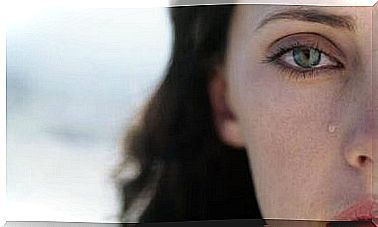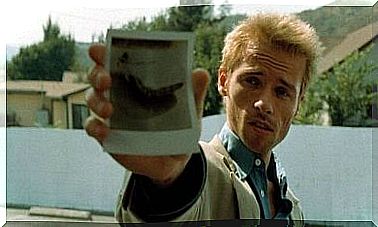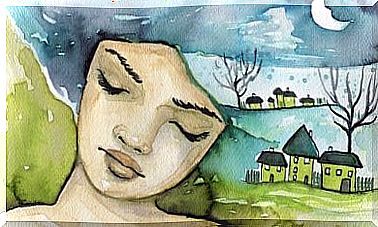Escape Room And Psychology
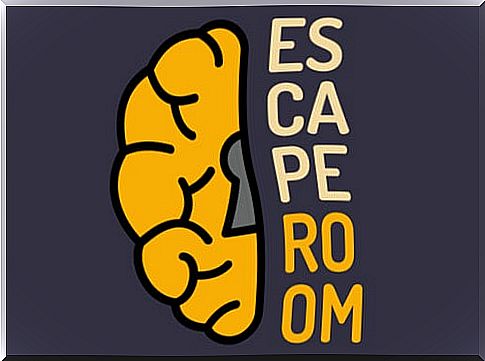
Escape room or escape room is a term that refers to a fashionable phenomenon in which psychology plays a fundamental role. It is a game in which a group of people locked in a room must search for the key to escape by following a series of clues. For this, he has a certain time.
In this playful adventure , psychological processes are combined with physical activity and social cohesion. In addition, these types of activities are a great example of how teamwork helps to solve problems that, if posed to a single person, could not be solved (or at least in a reasonable time). With these tasks one reflects and realizes that to advance in our society we need to rely on other people and collaborate with each other.
Escapism rooms or escape rooms are capable of transferring us to a parallel reality that makes us researchers. We began by listening to a story, a different one in each room, it took us just a few seconds to become the protagonists of that adventure. Thus, suddenly and almost without realizing it, we are with our team inside a room with a mission: to get out of it.
That’s when the game starts, which is to find your way out of there before the preset sixty minutes (normally) are up. Clues are everywhere: under tables, hidden in books, inside double-bottomed drawers, etc. The best way to start playing is to distribute the tasks among the members of the group and write down the dozens of clues that can be key as we progress in our feat.
Despite the fact that escape games were initially conceived for adults, the participation of minors from 14 years old is allowed as long as they are accompanied by an adult, so it is a magnificent opportunity for players of different ages to enjoy a common activity. Currently there are already escape rooms dedicated exclusively to children, with very varied themes and successful results.
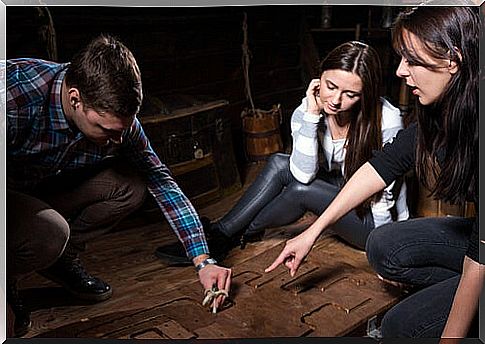
The origin of the escape rooms
Escape rooms have their origin in the first personal computer games. As an alternative to the low graphic capacity of the first personal computers, so-called conversational games were designed , in which, together with a simple still image, a room, a situation, an interaction with a character were described in writing … At the end of each exhibition , various options appeared, which made up the possible decision-making alternatives in the situation described. Based on the chosen decision, the game drifted in a different direction.
Many of those conversational games, in essence, were escape games: you had to make the right decisions and correctly chained to save your life, that of the princess, escape from a prison or kill the evil one. These games have evolved over time, and perhaps they have also lost their essence under the supremacy of the most dynamic and fantastic games.
However, with the entry into the playful repertoire of mobile phone games, in which user fun takes precedence over budgets, graphics, duration or price; This game format was recovered, which due to its simplicity had been discarded by other media, such as game consoles. In 2008, in Japan, live escape games appeared for the first time, that is, in real rooms.
Escape room and psychology
But the first escape room game, as we know it now, opened its doors in Budapest (Hungary) in 2011, thanks to Attila Gyurkovics. This Hungarian created a game known as Parapark, in which a group of people had to find their way out of a room in a limited time.
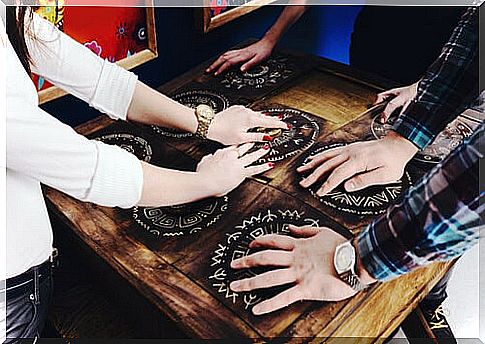
Flow or optimal experience is a state in which the person is completely absorbed in an activity for their own pleasure and enjoyment, during which time flies and actions, thoughts and movements follow one another. The state of flow occurs when there is a balance between the challenges of the task or activity that we are facing and the skills that we have to cope with.
The flow theory indicates that if we are focused on an activity for our enjoyment, when there is a balance between our abilities and the challenges they pose us, we enter a state of mind where everything flows. At that moment, time seems to move very fast and ideas are emerging freely in our minds.
There are many people who say they have begun to flow to participating in a room escape, as described in the theory of Csikszentmihalyi’s Flow. At the end of the day, we are talking about alternative leisure spaces that have the sole objective of making participating players have a good time, accepting the challenge. Therefore, this being their purpose, escape games are in themselves pleasant, regardless of whether we manage to reach the exit successfully.
Indeed, managing to escape, going through a process in which achievements occur that cause immediate satisfaction – finding a key to open a drawer, solve a puzzle or open a lock – satisfies us and encourages us to continue playing, focusing on the challenge. that we have in our hands and removing from our mind the concerns related to the outside world.




